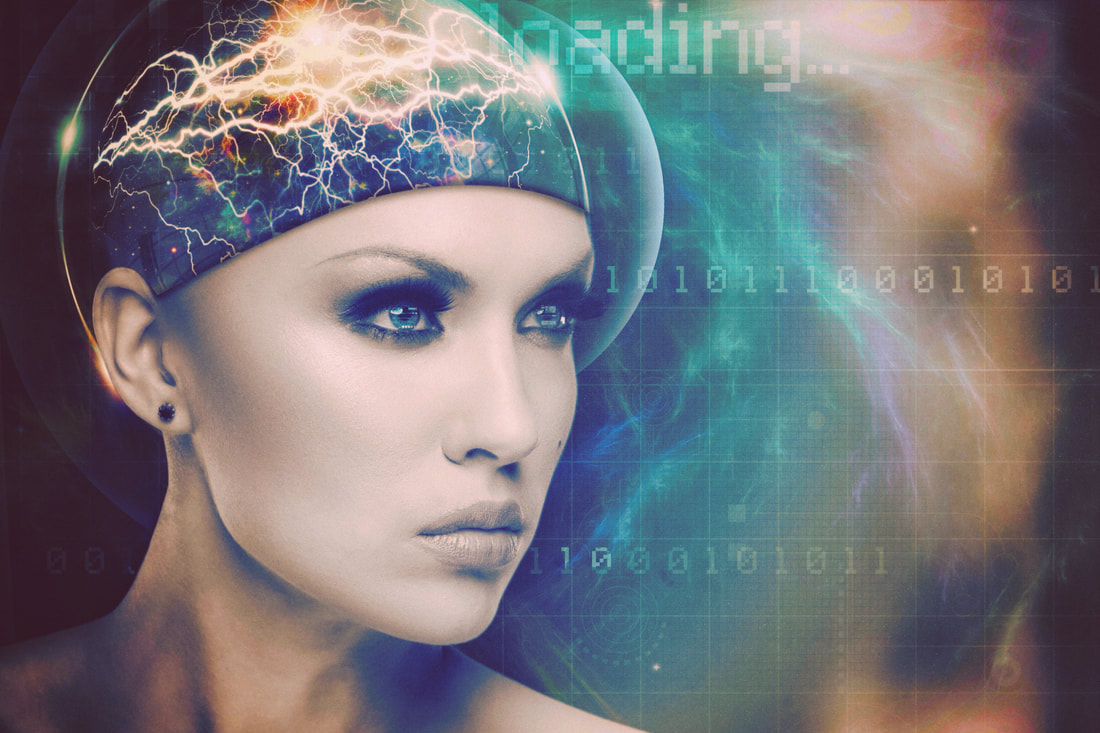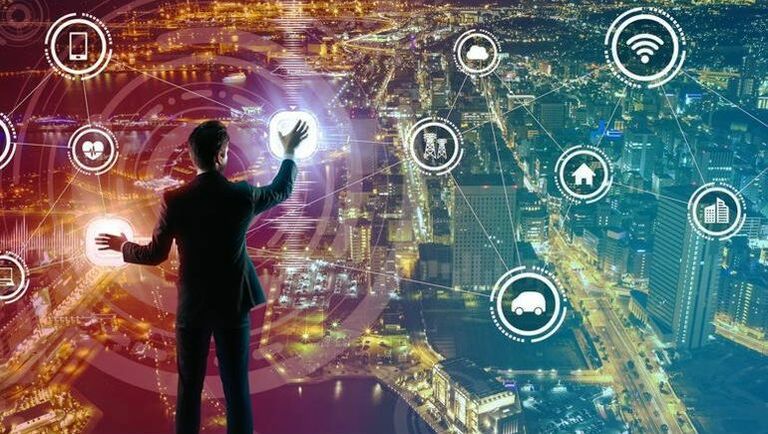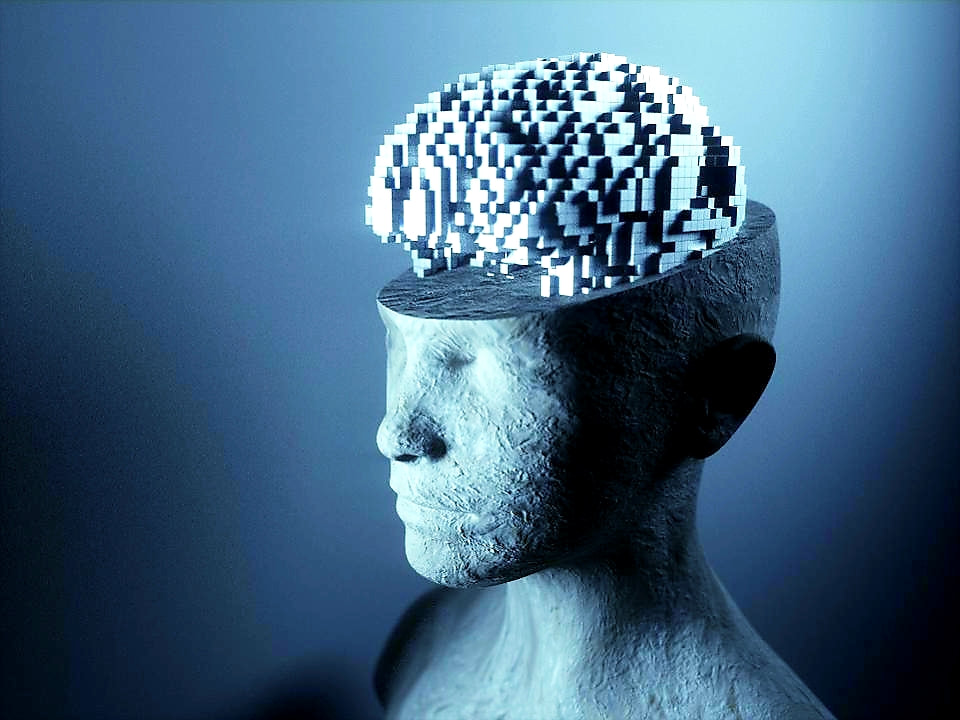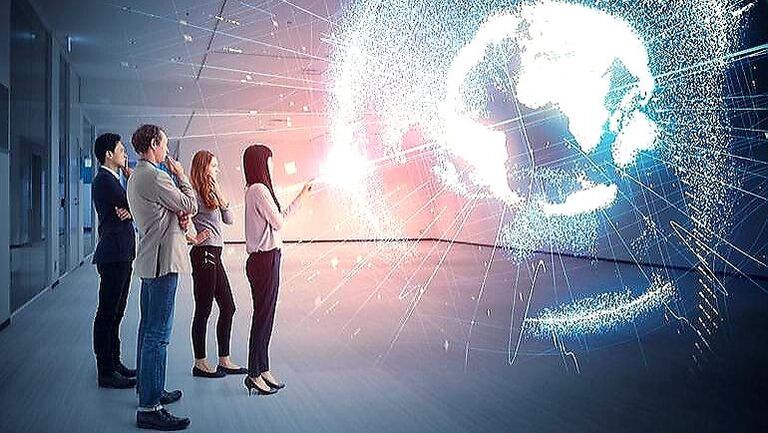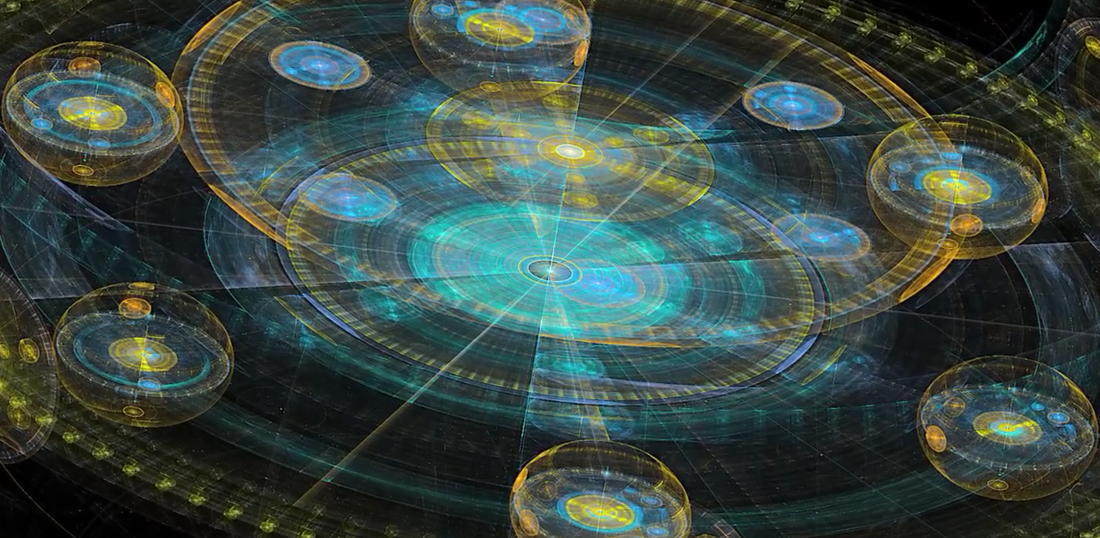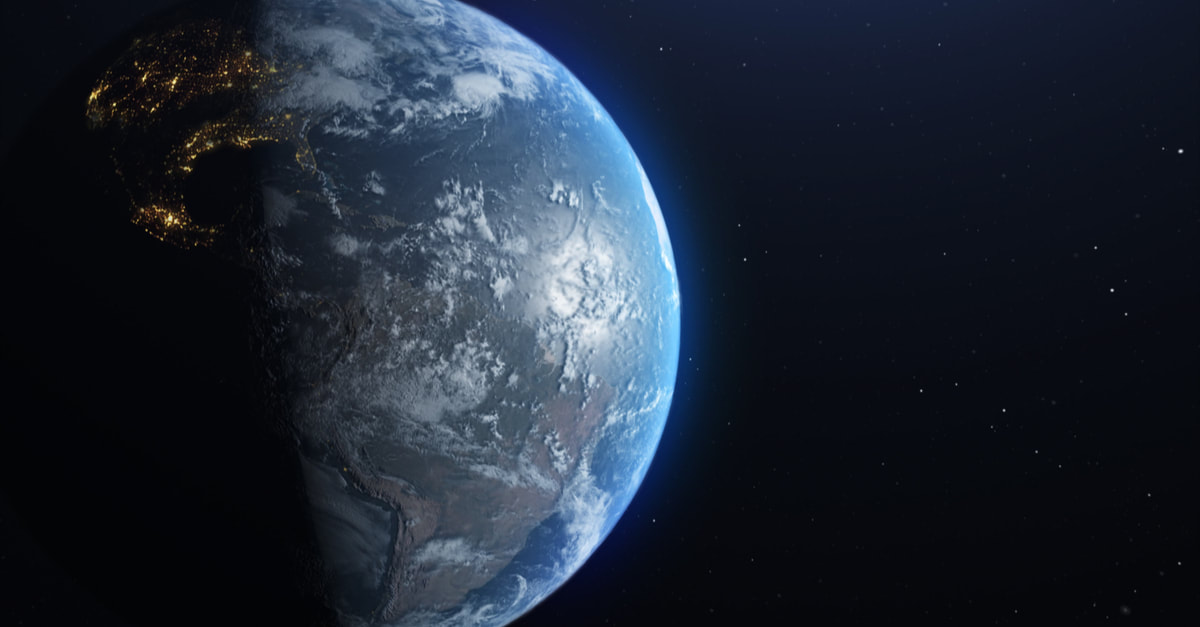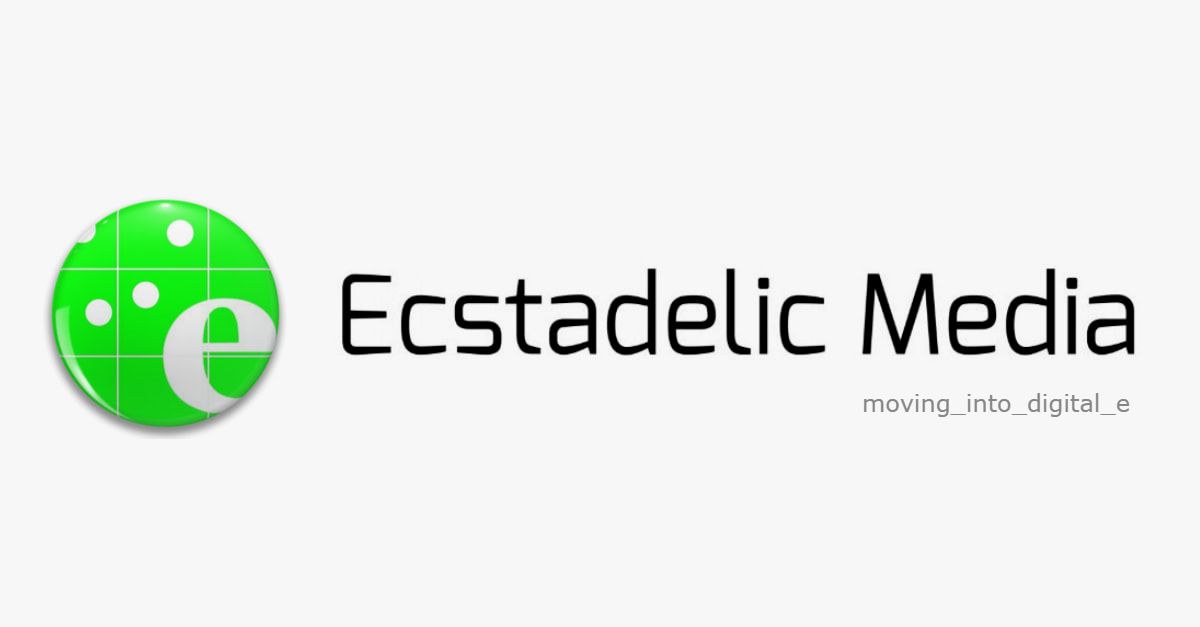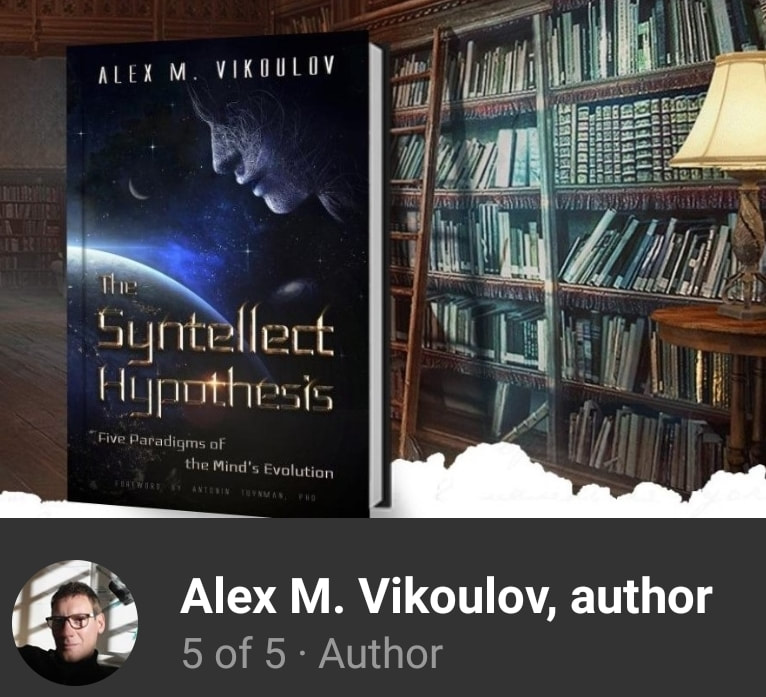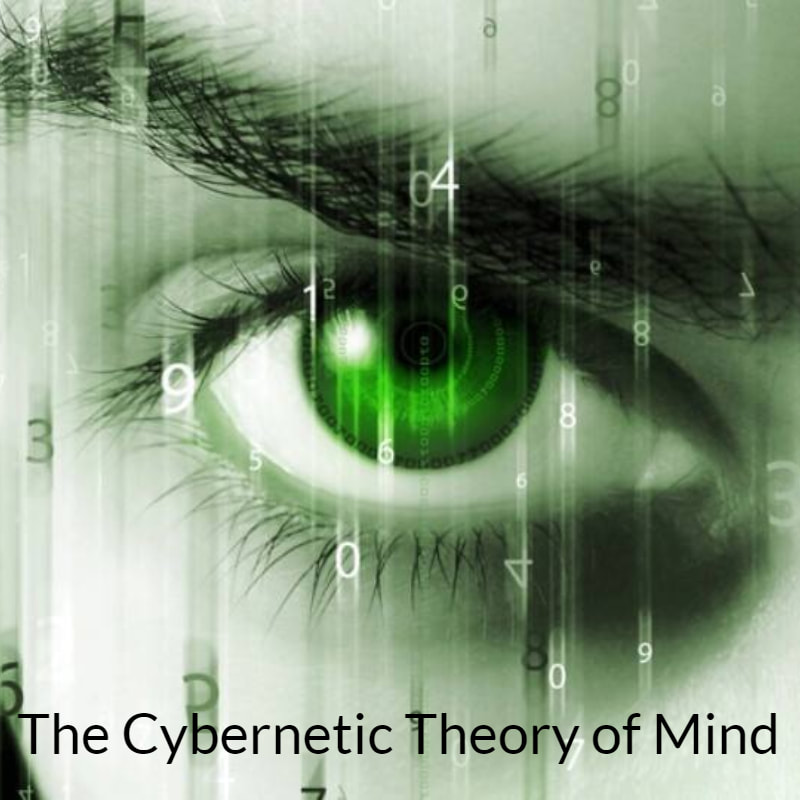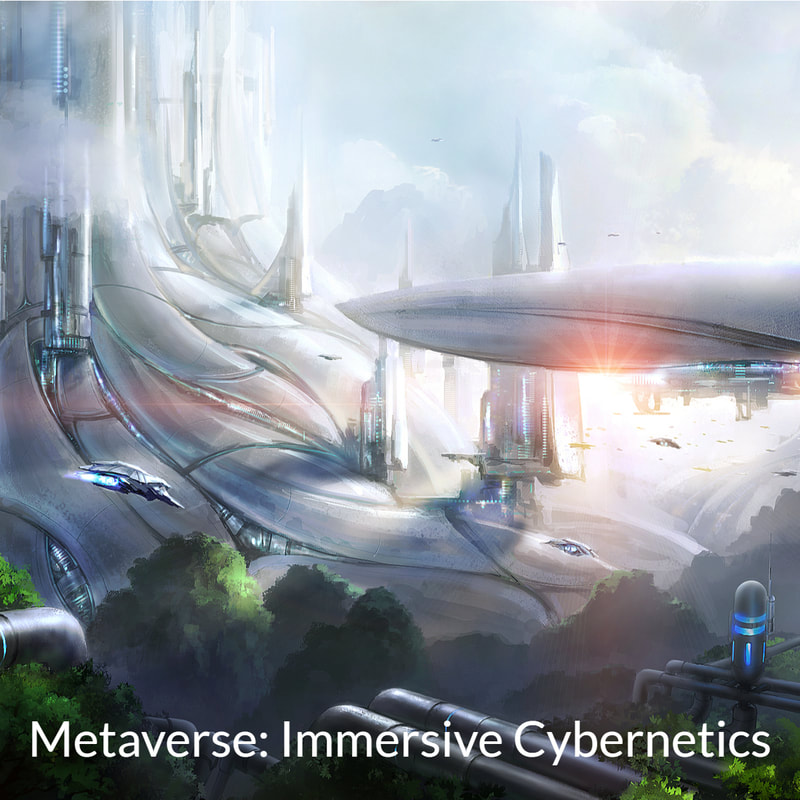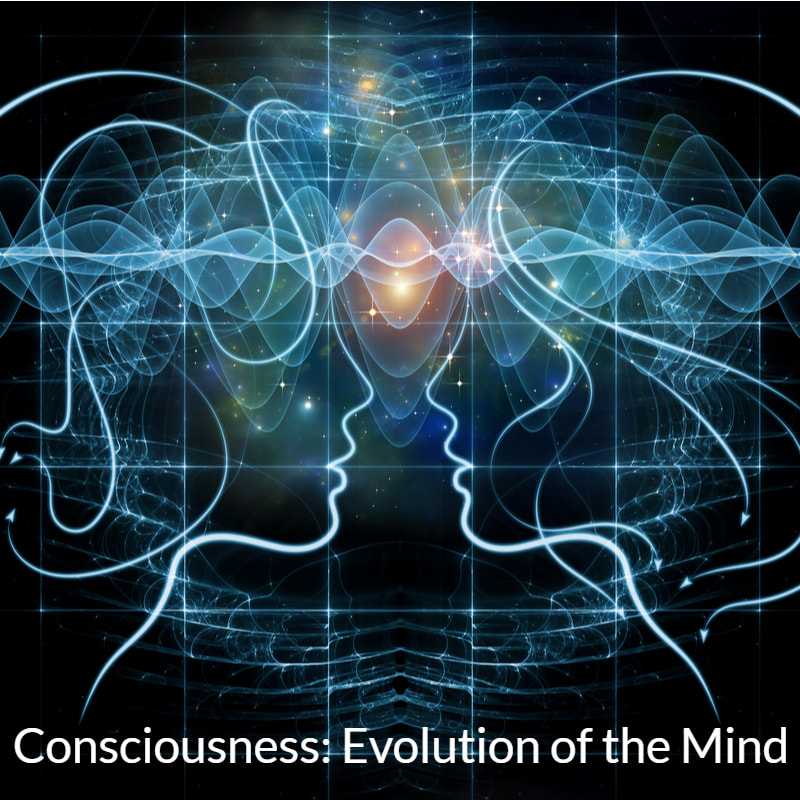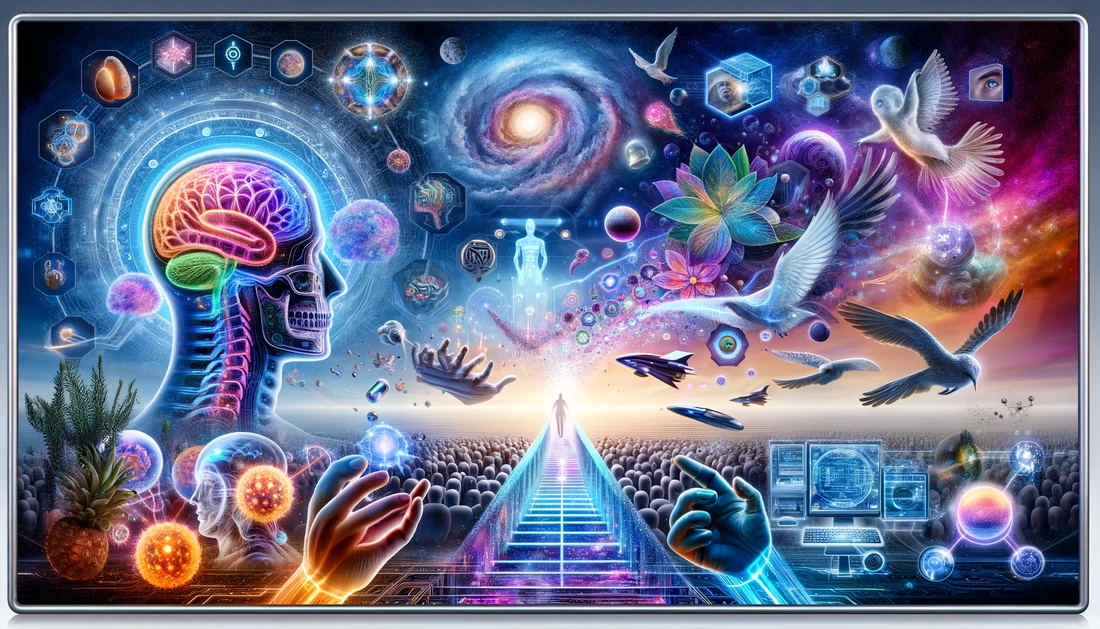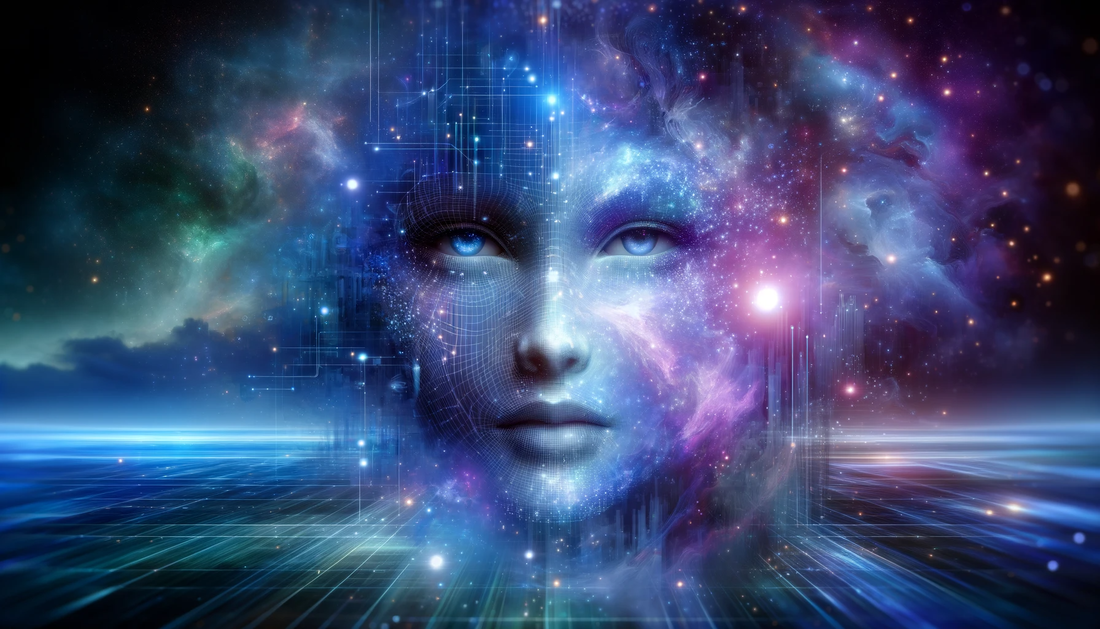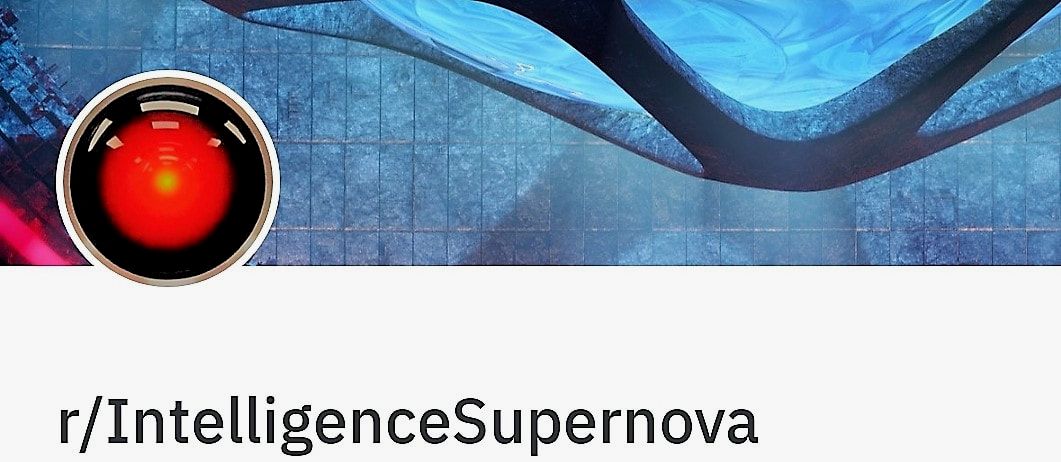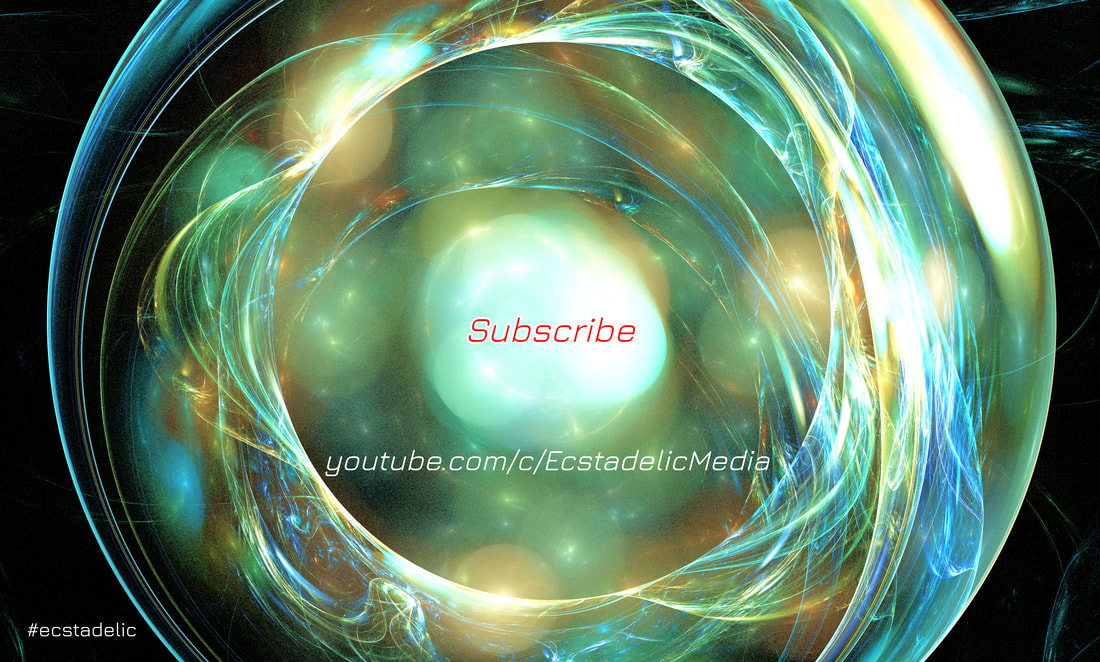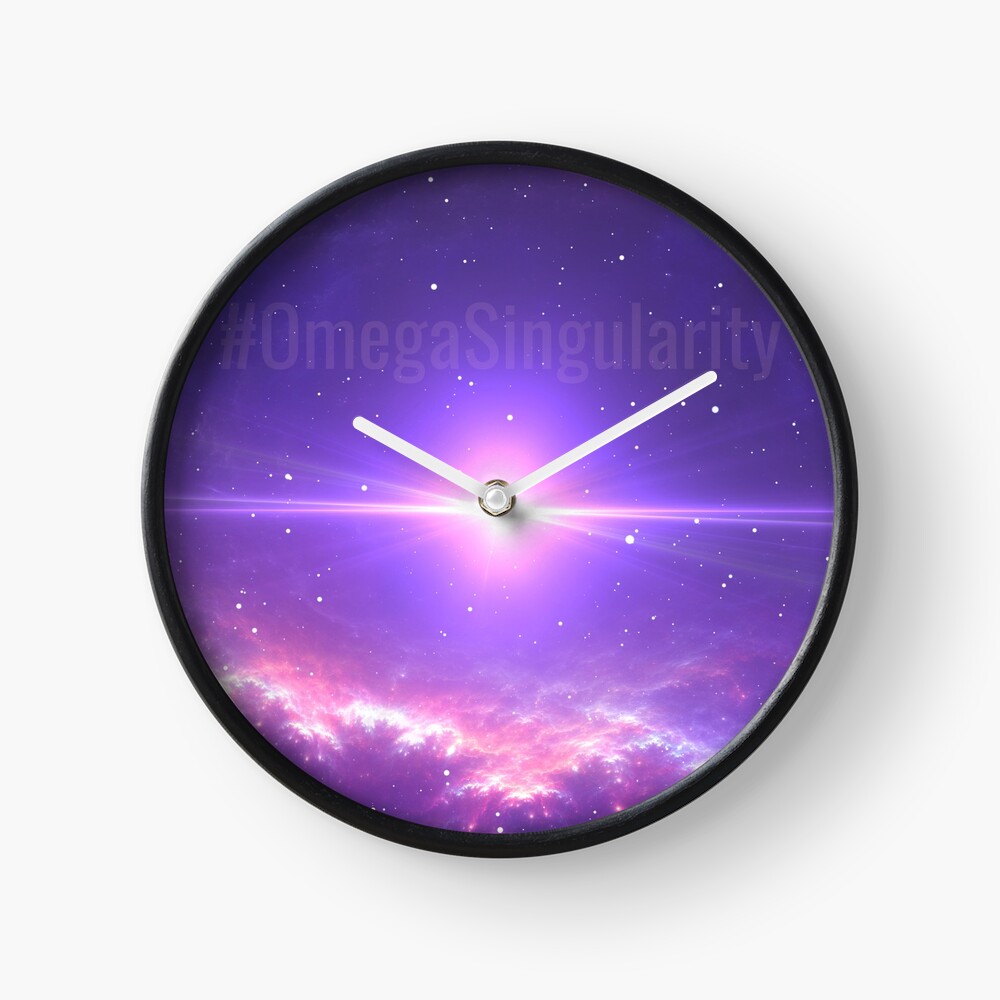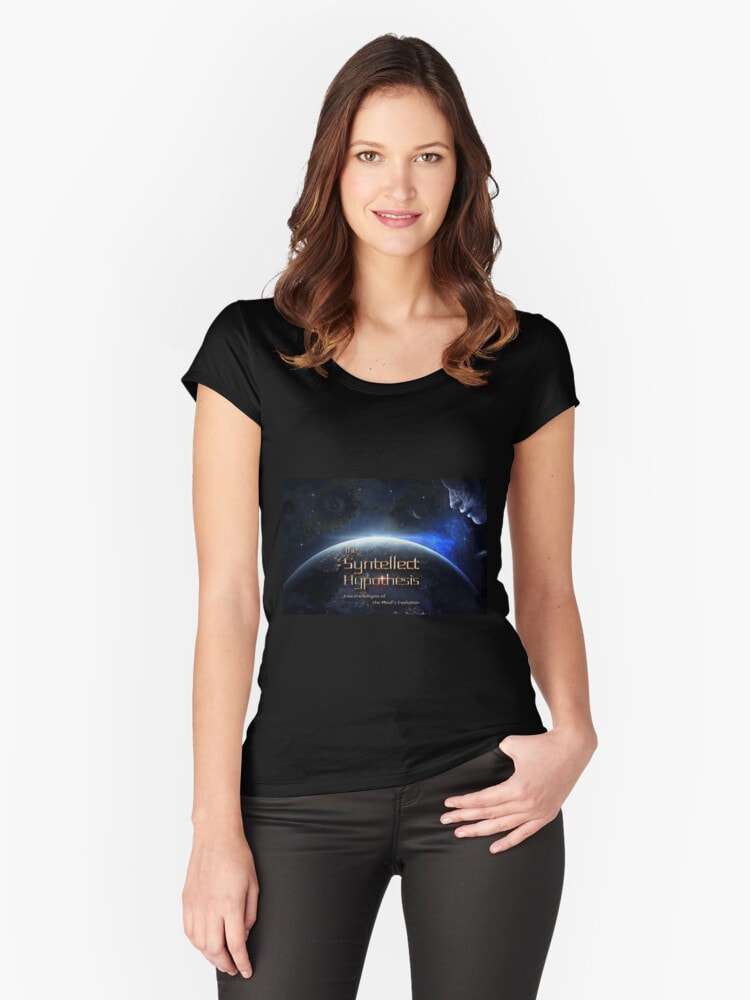|
by Alex Vikoulov “NASA are idiots. They want to send canned primates to Mars!' Manfred swallows a mouthful of beer, aggressively plonks his glass on the table: 'Mars is just dumb mass at the bottom of a gravity well; there isn't even a biosphere there. They should be working on uploading and solving the nanoassembly conformational problem instead. Then we could turn all the available dumb matter into computronium and use it for processing our thoughts. Long-term, it's the only way to go. The solar system is a dead loss right now – dumb all over! Just measure the MIPS per milligram. If it isn't thinking, it isn't working. We need to start with the low-mass bodies, reconfigure them for our own use. Dismantle the moon! Dismantle Mars! Build masses of free-flying nanocomputing processor nodes exchanging data via laser link, each layer running off the waste heat of the next one in. Matrioshka brains, Russian doll Dyson spheres the size of solar systems. Teach dumb matter to do the Turing boogie!”
-Charles Stross, Accelerando
1 Comment
by Alex M. Vikoulov "A powerful work! As a transhumanist, I especially loved one of the main ideas of the book that the Syntellect Emergence, merging of us into one Global Mind, constitutes the quintessence of the coming Technological Singularity. The novel conceptual visions of mind-uploading and achieving digital immortality are equally fascinating. The Chrysalis Conjecture as a solution to the Fermi Paradox is mind-bending. I would highly recommend The Syntellect Hypothesis to anyone with transhumanist aspirations and exponential thinking!" -Zoltan Istvan, futurist, author, founder of the U.S. Transhumanist Party Terms such as 'Artificial Intelligence' or 'Neurotechnology' were new some time not so long ago. We can't evolve faster than our language does. We think in concepts and evolution itself is a linguistic, code-theoretic process. Do yourself a humongous favor, look over these 33 transhumanist neologisms. Here’s a fairly comprehensive glossary of thirty three newly-introduced concepts and terms from "The Syntellect Hypothesis: Five Paradigms of the Mind's Evolution" by Russian-American futurist, evolutionary cyberneticist and philosopher of mind Alex M. Vikoulov. In parts written as an academic paper, in parts as a belletristic masterpiece, this recent book is an exceptionally easy read for an intellectual reader -- a philosophical treatise that is fine-tuned with apt neologisms readily explained by given definitions and contextually: by Alex Vikoulov "I have always been convinced that the only way to get artificial intelligence to work is to do the computation in a way similar to the human brain. That is the goal I have been pursuing. We are making progress, though we still have lots to learn about how the brain actually works.” -Geoffrey Hinton In May, 2016 I stumbled upon a highly controversial Aeon article titled “The Empty Brain: Your brain does not process information, retrieve knowledge or store memories. In short: your brain is not a computer” by psychologist Rob Epstein. This article attested to me once again just how wide the range of professional opinions may be when it comes to brain and mind in general. Unsurprisingly, the article drew an outrage from the reading audience. I myself disagree with the author on most fronts but one thing, I actually agree with him is that yes, our brains are not “digital computers.” They are, rather, neural networks where each neuron might function sort of like a quantum computer.
by Alex Vikoulov "This deep power in which we exist, and whose beatitude is all accessible to us, is not only self-sufficing and perfect in every hour, but the act of seeing and the thing seen, the seer and the spectacle, the subject and the object, are one.” -Ralph Waldo Emerson, The Over-Soul (1841) I'm always leery when some neuroscientist comes along and says: “We are the brain. There’s nothing besides it. If something is wrong, it’s physical.” No, you are not a "brain in a vat," and if we are to deconstruct human intelligence, it would make sense to apply the so-called top-down “holistic” analysis — when we work from the general to the specific — the big picture to the smaller details, from the superset to the subset. So, in this type of analysis we should not start with the brain. Instead, if viewed collectively, human intelligence is a networking phenomenon based on technology and culture that we call civilization; and individually, it's an operating system of the person's mind. by Alex M. Vikoulov Book by Alex M. Vikoulov, Synopsis* "Regard the physical world as made of information, with energy and matter as incidentals." -John A. Wheeler Everything, including energy, matter, space, time, and consciousness, is INFORMATION, or Code if you will. Many scientists now come to a consensus that information may be fundamental, since information patterns persist through dimensions and, it seems, is an evolving phenomenon. This is the synopsis of my new book "The Syntellect Hypothesis: Five Paradigms of the Mind's Evolution" where we will set to explore the conscious mind's journey through times and paradigms with the focus on what's most important to us as conscious beings -- OUR SUBJECTIVE EXPERIENCE. From Noogenesis to Apotheosis of the Universal Mind, this book will examine the five distinct evolutionary paradigms: By Alex Vikoulov "The arrow of time obscures memory of both past and future circumstance with innumerable fallacies, the least trivial of which is perception." -Ashim Shanker
Time makes us tick... or rather, our consciousness makes time tick. When you fall asleep, you are plunged into a timeless unconscious state, whereas the neurons of your brain never stop "talking to each other," then while you're still asleep, consciousness reemerges -- that's when your mind plays a kaleidoscope imagery in the form of dreams. Only when you wake up, time starts "ticking" for you again -- in one direction.* This is an exclusive abridged excerpt from my book "The Syntellect Hypothesis: Five Paradigms of the Mind's Evolution" in which we examine temporal ontology and the physics of time in by far more scrupulous detail. In this excerpt we start with a common misconception that time can only move forward. By Alex Vikoulov [Updated 04.22.20] "Organisms are themselves expressions of emergent order and agents of higher levels of emergence." -Brian Goodwin
Our observable Universe is 92 billion light years across, which is a fraction of the unobservable universe, which is just one of an infinite number of universes in the multiverse. All this space, time, energy, and matter, even consciousness itself boils down to information, or Code if you will. Digital Physics, a relatively new field of science, implies that information may be a fundamental property of our Universe, an evolving phenomenon. My 2019 book "The Syntellect Hypothesis: Five Paradigms of the Mind's Evolution" revolves around this very question "what actually is information?" and takes you on the journey through times with the focus on what's most important to us as conscious beings -- OUR SUBJECTIVE EXPERIENCE. If everything is made of information, according to Digital Physics, what is the fabric and ultimate nature of reality? Philosophy of mind has been wrestling with another question: can we solve the hard problem of consciousness"? What inner experience could a bat, a dog, or an augmented human have? Biological organisms, from unicellular bacteria to a human, are incredibly advanced, intricate information processing, computational systems, the product of billions of years of evolution. But do biological systems hold monopoly on conscious awareness?* |
Categories
All
Recent Publications The Cybernetic Theory of Mind by Alex M. Vikoulov (2022): eBook Series The Syntellect Hypothesis: Five Paradigms of the Mind's Evolution by Alex M. Vikoulov (2020): eBook Paperback Hardcover Audiobook The Omega Singularity: Universal Mind & The Fractal Multiverse by Alex M. Vikoulov (2022): eBook THEOGENESIS: Transdimensional Propagation & Universal Expansion by Alex M. Vikoulov (2021): eBook The Cybernetic Singularity: The Syntellect Emergence by Alex M. Vikoulov (2021): eBook TECHNOCULTURE: The Rise of Man by Alex M. Vikoulov (2020) eBook NOOGENESIS: Computational Biology by Alex M. Vikoulov (2020): eBook The Ouroboros Code: Reality's Digital Alchemy Self-Simulation Bridging Science and Spirituality by Antonin Tuynman (2019) eBook Paperback The Science and Philosophy of Information by Alex M. Vikoulov (2019): eBook Series Theology of Digital Physics: Phenomenal Consciousness, The Cosmic Self & The Pantheistic Interpretation of Our Holographic Reality by Alex M. Vikoulov (2019) eBook The Intelligence Supernova: Essays on Cybernetic Transhumanism, The Simulation Singularity & The Syntellect Emergence by Alex M. Vikoulov (2019) eBook The Physics of Time: D-Theory of Time & Temporal Mechanics by Alex M. Vikoulov (2019): eBook The Origins of Us: Evolutionary Emergence and The Omega Point Cosmology by Alex M. Vikoulov (2019): eBook More Than An Algorithm: Exploring the gap between natural evolution and digitally computed artificial intelligence by Antonin Tuynman (2019): eBook Our Facebook Pages
A quote on the go"When I woke up one morning I got poetically epiphanized: To us, our dreams at night feel “oh so real” when inside them but they are what they are - dreams against the backdrop of daily reality. Our daily reality is like nightly dreams against the backdrop of the larger reality. This is something we all know deep down to be true... The question then becomes how to "lucidify" this dream of reality?"— Alex M. Vikoulov Public Forums Our Custom GPTs
Alex Vikoulov AGI (Premium*)
Be Part of Our Network! *Subscribe to Premium Access Make a Donation Syndicate Content Write a Paid Review Submit Your Article Submit Your Press Release Submit Your e-News Contact Us
|

